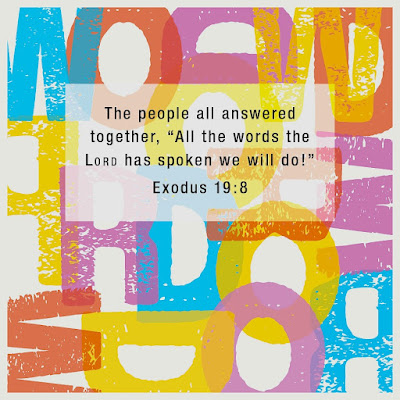Stand up and lift your heads! Luke 21:28
• Overview of Luke's gospel
Luke 21:25-31
25 "There will be signs in the sun, the moon, and the stars, and on the earth distress among nations confused by the roaring of the sea and the waves. 26 People will faint from fear and foreboding of what is coming upon the world, for the powers of the heavens will be shaken. 27 Then they will see the Son of Man coming in a cloud with power and great glory. 28 Now when these things begin to take place, stand up and raise your heads, because your redemption is drawing near."
29 Then he told them a parable: "Look at the fig tree and all the trees; 30 as soon as they sprout leaves you can see for yourselves and know that summer is already near. 31 So also, when you see these things taking place, you know that the kingdom of God is near.
Advent
On the first Sunday of Advent the church begins a new year of grace. Happy New Year!
The Latin Ad + Venire summons us towards the coming of Jesus. Advent always opens with a splash of apocalyptic, signaling the end of the world as we know it, the beginning of a new way of living and being—the world is about to turn. Many churches sing Canticle of the Turning that's based on Mary's Magnificat during Advent.
Blue, the color of hope has become the liturgical color for Advent. Although it includes a call to repentance, Advent is especially about hope. In Spanish esperar/espero means wait, hope, and expect. We hope for and anticipate not a Merry Christmas or Happy Holidays as the rest of the world sincerely wishes us; we hope for the incarnation of mercy, grace, and love. Instead of an irenic peace that's little more than a temporary cease fire, we hope for, wait for, and expect the fullness of shalom the Prince of Peace brings us.
During Advent, the darkest time of the year in the global North, we light candles to challenge the darkness. One more candle for each Sunday, and then on Christmas we light the large Christ candle as we celebrate the Christ child's nativity.
Come, Lord Jesus!
Today's Gospel
We're now in lectionary year C, Luke's year.
The gospel reading for this first Sunday of Advent doesn't come from the start of Luke's gospel—that would be his dedication to lover-of-God Theophilus and the birth of John the Baptist. Instead we hear from Jesus toward the end of his public ministry, as he tells us about signs and symbols coming alive in nature/creation. We'll soon celebrate the birth of Jesus who is not a god in nature, but God and Lord of nature.
Advent light shines amidst all kinds of darkness, including a seemingly endless pandemic that's now become endemic; injustices that don't or won't quit; wars and rumors of war; political upheavals; global economic calamities; individual and familial misfortunes, an earth so desecrated it grieves its own losses. You can add to that short list.
This Advent we hope for that dawn of the new creation the death and resurrection of the Prince of Peace will initiate.
Come, Lord Jesus!









